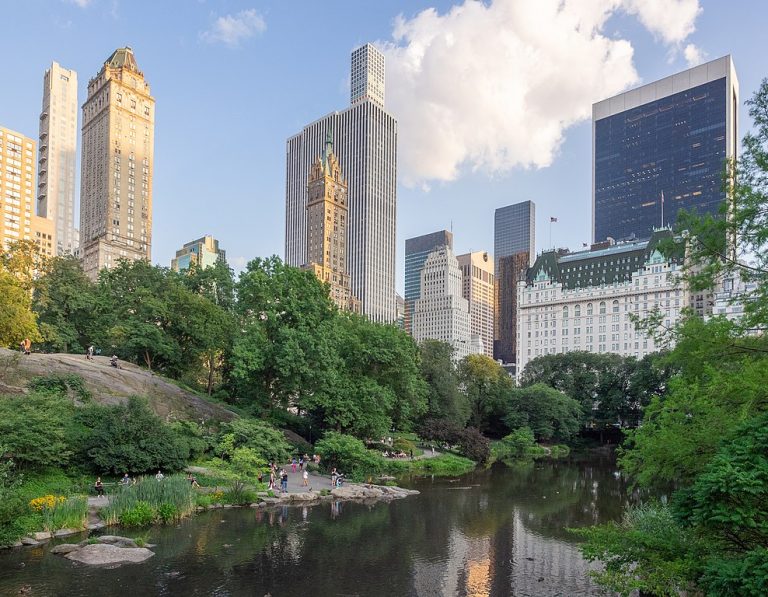Published on September 1, 2020

UW researchers Marina Alberti, Urban Design & Planning; Simone Des Roches, Aquatic and Fisheries Sciences; and Christopher Schell, Interdisciplinary Arts & Sciences at UW Tacoma have published a new report titled “The Complexity of Urban Eco-evolutionary Dynamics”, examining how urbanization affects ecological and evolutionary processes over time, and how these changes affect nature’s contribution to people. Below is an excerpt of their findings:
Urbanization is changing Earth’s ecosystems and altering the regional and global distribution and abundance of species. Humans in cities modify landscapes and microclimates, restructure connectivity among habitat patches, alter food webs, change species composition, initiate novel species interactions, and reshape competition, predation, and symbioses (Pickett et al. 2001, Alberti 2008, Grimm et al. 2008). These ecological changes can cause evolutionary change by altering natural selection, neutral genetic change, or gene flow, leading to species trait changes that could further alter ecological dynamics (Palkovacs et al. 2012, Alberti 2015). By changing the ecological theatre, cities are simultaneously changing both the actors and the stage, thereby writing a new eco-evolutionary play (Hutchinson 1965).
With the emergence of global urbanization, humans—as agents of niche construction—have achieved a new capacity to shape the ecological and evolutionary forces that drive biodiversity (Odling-Smee et al. 2013, Boivin et al. 2016). By building their own ecological niche, humans have transformed both their own environment and those of other species, generating complex feedbacks in both ecological and evolutionary processes (Palkovacs and Post 2009, Start et al. 2019). Although humans have been altering ecological processes for millennia, urbanization represents a major shift in intensity, speed, and scale (Ellis 2015). However, the eco-evolutionary consequences of human-driven niche construction have only recently been recognized (Palkovacs et al. 2012).
Urban development modifies landscape structure (e.g., loss of forest cover and connectivity) and processes (e.g., biogeochemical cycling), and significantly alters biotic interactions (e.g., predation), thereby changing species composition and community dynamics. The resulting changes in selection pressures can cause shifts in ecologically relevant traits that can influence ecological interactions and ecosystem stability (Alberti et al. 2017a, Dakos et al. 2018). Cities are hotspots for contemporary evolutionary change that occurs via alterations in the distribution of genetic diversity, changing allele frequencies that might translate into phenotypic trait changes (physiology, morphology, behavior, and life history). Trait changes can affect demographic rates (such as reproduction, survival, or dispersal) and, in turn, shape population dynamics (e.g., numbers of individuals and population persistence), community structure (e.g., species diversity and composition), and ecosystem function (e.g., nutrient cycling, decomposition, and productivity).
Read the full publication here. (may require login)
Originally written by Marina Alberti, Eric P. Palkovacs, Simone Des Roches, Luc De Meester, Kristien I. Brans, Lynn Govaert, Nancy B. Grimm, Nyeema C. Harris, Andrew P. Hendry, Christopher J. Schell, Marta Szulkin, Jason Munshi-South, Mark C. Urban, and Brian C. Verrelli in BioScience.